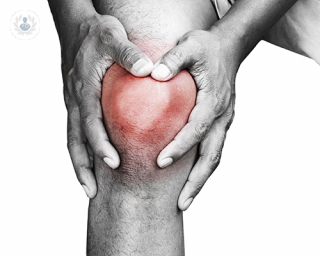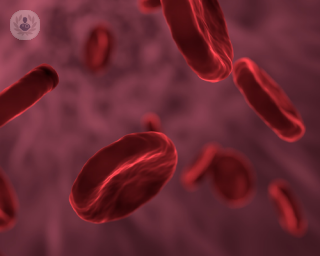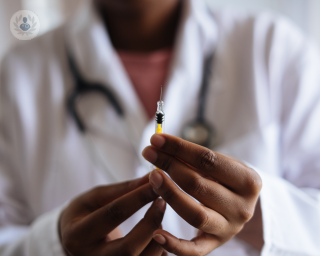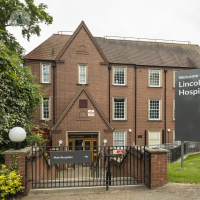Biological therapy
Mr Alun Yewlett - Orthopaedic surgery
Created on: 06-05-2015
Updated on: 11-15-2023
Edited by: Jay Staniland
What is biological therapy?
Biological therapy involves using living organisms or substances derived from living organisms in the treatment of diseases, in particular cancer. The treatment consists of using the body’s immune system to act against and destroy cancer cells.
The therapy is used to treat numerous types of cancer by slowing down the growth of tumours and preventing them from spreading.
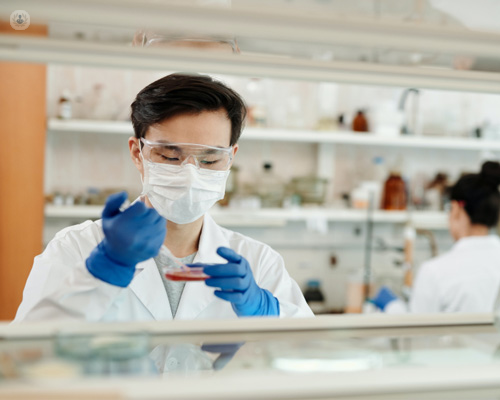
Various types of biological therapies currently exist and are often collectively called immunotherapy:
- Biochemotherapy
- Vaccinations against cancer
- Angiogenesis inhibition
- Cytokine treatment
- Immune checkpoint inhibitors
- Monoclonal antibodies
- Targeted therapy
- Oncolytic viruses
Some biological therapies do not directly target cancer cells but instead intend to interfere with the growth of tumours.
Why does biological therapy involve?
The main aim of biological therapy is to encourage the immune system to detect and fight off cancer cells by recognising that these cancer cells are abnormal and harmful to the body. Sometimes, however, cancer can hide or deactivate, or even prevent the immune system from finding them.
Normally, however, biological therapy works by encouraging the immune system to attack the cancer cells in various ways and facilitating the process of recognising cancer.
Biological therapy aftercare
There are no special steps to take after undergoing biological therapy; nevertheless, there are possible side-effects that could happen.
Side effects include pain, swelling, soreness, redness, and rashes or itching at the site of injection. Sometimes, and depending on the type of therapy used, flu-like symptoms can appear afterwards such as headache, fever, weakness, difficulties breathing, etc.
Alternatives to biological therapy
At the moment, biological therapy is an investigational treatment; however, nowadays experts have detected various fields in which the treatment is very effective and is currently being used in clinical trials with very positive results. This therapy may help experts in the following areas:
- Identification of novel antigens associated with cancer, such as neoantigens
- Identification of biomarkers that predict responses to immunotherapy
- Non-invasive strategies to isolate immune cells
- Understanding the mechanisms of why cancer cells manage to avoid the immune response against cancer
- Ways to overcome resistance to cancer immunotherapy
Where can I find information about clinical trials of biological therapies?
As biological therapy is a somewhat new type of cancer treatment, there are often various trials ongoing for many groups of patients. You should ask your cancer specialist or medical oncologist to advise you on possible drugs available or if there are any ongoing trials suitable for your type of cancer. The treatment is also used to treat a number of conditions by dermatologists and orthopaedic surgeons.

